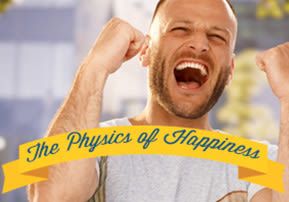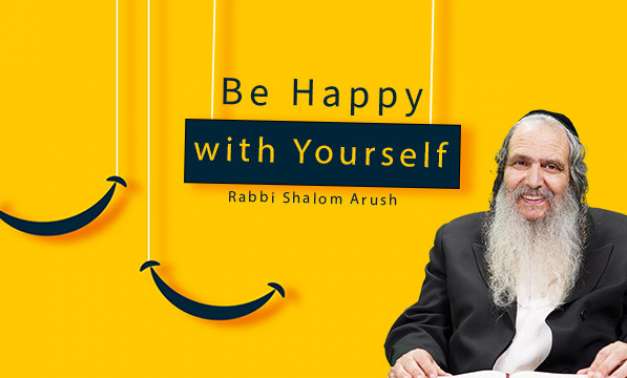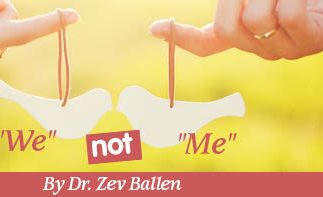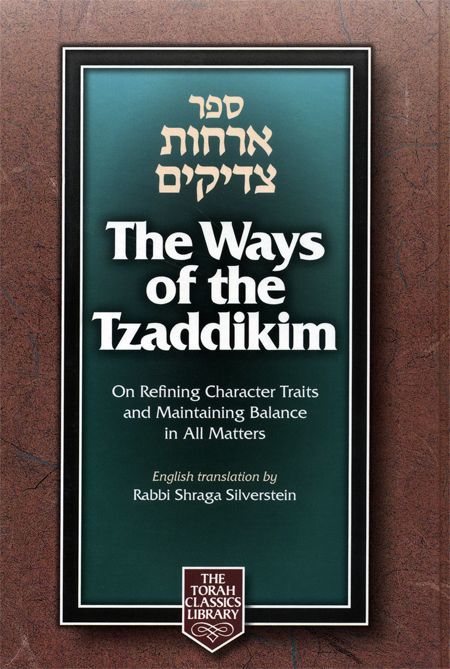
The Physics of Happiness
Instead of trying to “push” ourselves into being happy, we have to establish goals, visions, dreams and beliefs that will pull us and engage us...

So many people today are living lives that are devoid of inspiration and passion. How many people do you know who are really excited to get out of bed and live another day? How many people cringe when the alarm goes off, and they hit the snooze button, desperate for a few more minutes of unconsciousness? But when people aren’t passionate about being alive, when they aren’t excited to greet another day, in many ways, they aren’t really “alive” at all. So how can we get that inspired life, where every day we are getting closer to achieving the goals that are important to us? Even more fundamentally, how do we even know what’s really important to us?
If you could be living the exact life that you want right now what would it look like? Could you describe it?
The first thing we need to be living with passion is to have a vision of the “good life” that we want and then a method for making that vision real. Personally I have done that by following the guidance of the best  spiritual guide I know, Rabbi Shalom Arush.
spiritual guide I know, Rabbi Shalom Arush.
Rabbi Arush teaches us that we are all being controlled by our beliefs. Whatever it is we believe about the world, about ourselves and about others will determine how we are going to feel, think, react and behave. If we believe that people are essentially good, friendly, warm, and accepting then we’re going to have a positive mindset and by anticipating friendliness and acceptance by others G-d will help us to make that a reality. If, on the other hand, we believe the world is a war zone, then our blueprint is going to get us involved in a fight with somebody every single minute of the day. Even if we’re not fighting with someone at the moment we’re convinced that sooner or later, the fight will be coming our way.
If we believe that G-d is punishing us, that’s one way of thinking. If, instead, we believe that G-d is not punishing us, but is rather challenging us, then that changes everything. Simply changing that one word has enormous consequences for how we perceive the world, and what our mental state will be as a result.
Our perceptions and models and beliefs affect our decisions, because they limit us. If I don’t believe I’m ever really going to amount to much, then I’m going to push away many of my own creative ideas and goals and never bother to think about them. If I have a talent for cooking I may never become the world-class kosher gourmet that I’m meant to be. If my deepest passion is to start a local soup kitchen to feed the destitute people in my neighborhood, I’ll never get around to it. If G-d sends me my soul mate and I don’t really believe that I can have a loving, caring, blissful relationship with her, then it will never happen!
But if we really believe that anything is possible, and that our “blueprint” of the world is that G-d can do anything, and that He wants to empower us, and to help us to achieve our goals, then that blueprint, that way of looking at things is going to enable us to get started and to get to a much level higher than we’re currently at.
It doesn’t matter what the goal is, whether it’s spiritual or physical, whether it’s an aspiration to lose weight, make more money, or to sit in yeshiva and learn – whatever it is, there is a way to break out from the constricting and limiting beliefs that are currently controlling us. We going to throw our limiting beliefs into the dumpster and start making decisions that are based on beliefs that are closer to G-d’s truth, the Torah’s truth, and the teaching of our leaders about what we are really capable of achieving.
Let’s say you’re stuck feeling down and depressed and you want to be happy. Thank G-d, you have a good living, you’re accomplished academically, you’re married, you’re raising children. In many ways, you have everything you could hope for. There’s only one problem: you’re still not fulfilled; you’re still not passionate about being alive. If that vital ingredient is missing, then you can have all the success in the world, and still feel like the ultimate failure, because you aren’t enjoying your life and getting pleasure from your existence. So what good is it?
“The way of the Torah is pleasantness and all of its ways are peaceful.” G-d is telling us that everything we need to really be happy and fulfilled can be found in Judaism, in our Torah, and in our traditions – but we need to be able to connect to the pleasure and goodness that is there. We don’t know how to be happy! We don’t have a strategy to show us how that can be done. When we were younger, we probably still had an idea of how to laugh and enjoy life, but now that we’re adults, and we’ve learned to be so mature and serious we’ve forgotten about how to be happy.
Part of the reason we’ve lost our ability to be happy, at least temporarily, is because we were taught in the wrong way. In school, we were “pushed” to learn while we were bored, day-dreaming, and disengaged, which is the worst possible state for learning anything. If we’re not engaged, if we’re not interested, if we’re not passionate and inspired, if something isn’t pulling us, and attracting our curiosity, then really, we aren’t learning anything. We’re sitting there pretending to learn. So we can’t learn “how to be happy” the wrong way either by trying to “push” ourselves into happiness. That’s why even when we’re trying to be happy, we simply can’t do it.
If you know anything about physics, you’ll know that it’s much easier to pull something than it is to push it. The same is true when it comes to spiritual equations. Instead of trying to “push” ourselves into being happy, we have to establish goals, visions, dreams and beliefs that will pull us and engage us, and that make us want to jump up and down with happiness. Do you remember how great you felt when you scored the winning touchdown? Or how elated you were when your wife had your first baby? That’s the sort of passionate living that I’m talking about, and it doesn’t have to be once or twice in a life time event.










4/22/2015
Can you give more examples of how to achieve this happiness with the pull approach
4/22/2015